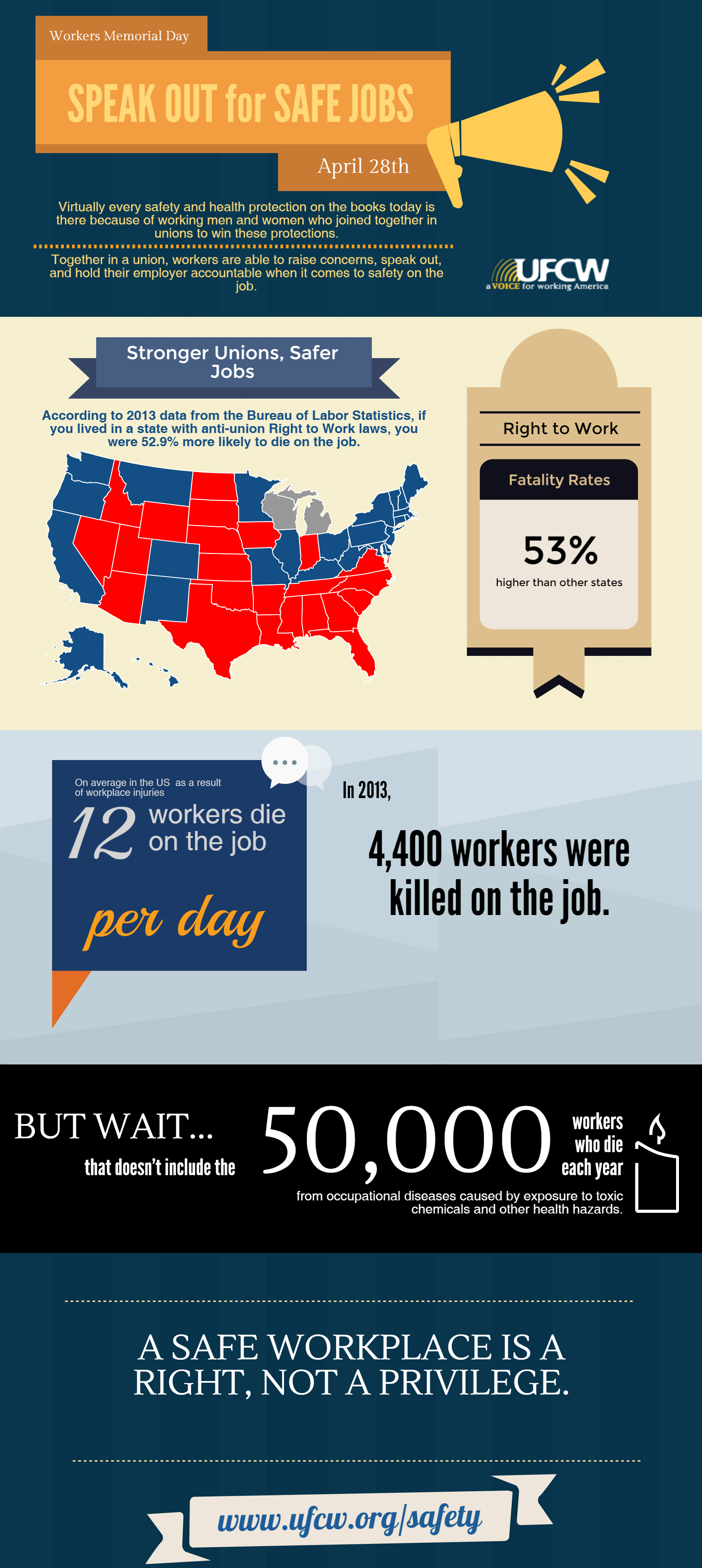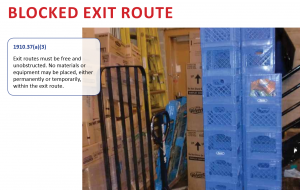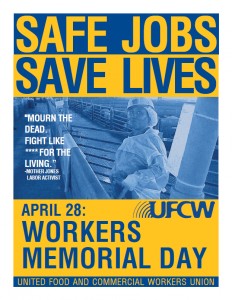Download Heat-Related Materials
- Heat advisory
- Hot Weather Advisory Fact Sheet
- Hot Weather Workplace Preventions
- OSHA HEAT STRESS CARDS SPANISH
- OSHA heat stress cards
Heat stress and heat-related illness are both issues that can easily arise in a workplace that does not appropriately prepare workers for physical work in the summer. The Safety and Health Office’s advisory has created the following employer checklist to ensure a safe workplace for all workers:
- Adequate, accessible drinking water (recommended one quart per worker per hour).
- Regular rest breaks or periods in a cool area, in accordance with heat and workload.
- Increased air circulation, air conditioning, and ventilation.
- Worker awareness of the early signs and dangers of heat-related illness and the ability to take a break should these signs arise.
- Work acclimatization for new workers (allow one week for the body to adjust to working in the heat).
With outside temperatures starting to soar, now is the time to make sure employers are taking the steps necessary to protect workers from heat stress and heat-related illness. Heat can cause more than just discomfort. Exposure to high heat and high humidity can be life threatening. Employers should make sure workers know the signs, symptoms and appropriate first-aid procedures for serious heat illnesses.
For more information about heat and heat-related illness, you can contact the UFCW Occupational Safety and Health Office in Washington, D.C. at 202-223-3111.






